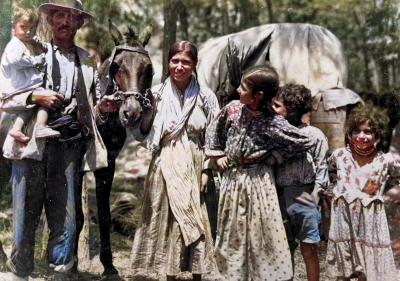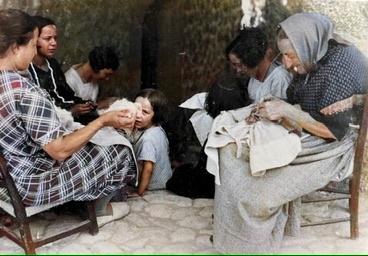How do Mallorcan family names reflect the island’s historical influences?
Similar Topics
mallorcan family names
mallorcan historical influences
catalan origins
moorish influence mallorca
roman period surnames
mallorca cultural heritage
mediterranean cultural synthesis
balearic islands surnames
Mallorcan family names offer a fascinating reflection of the island’s diverse historical influences, shaped by a rich tapestry of cultures over centuries. The island of Mallorca, as part of the Balearic Islands, has been inhabited and influenced by various civilizations, including the Romans, Moors, Catalans, and later the Spanish Crown. This blend of peoples and languages is evident in the surnames that are common on the island today. For example, many Mallorcan family names have Catalan origins, consistent with Mallorca’s political and cultural alignment within the Crown of Aragon from the 13th century onward. Names such as “Garau” or “Femenias” illustrate the island’s deep Catalan heritage, preserved through language, legal traditions, and local customs.
Moreover, the Moorish influence on Mallorca, which persisted until the Christian reconquest in the 13th century, also left subtle marks on the island’s onomastic landscape. Some family names may derive from Arabic roots or reflect the integration between cultures during Moorish rule. Additionally, surnames linked to the Roman period or even ancient Iberian tribes occasionally appear, although these are far less prevalent. The surnames also traditionally reflect family occupations, geographical features, and social status, illustrating how historical livelihoods and locations have been embedded into the island’s identity.
In subsequent centuries, Mallorca’s contact with mainland Spain and other Mediterranean traders led to an even broader mixture of influences. Names of Castilian or Aragonese origin began to appear alongside Catalan ones, reflecting evolving political connections. The preservation of many Catalan surnames despite these changes speaks to the resilience of Mallorcan identity and language. Overall, Mallorcan family names serve as living records of the island’s complex history, revealing a unique synthesis of Mediterranean cultures that have shaped Mallorca into the vibrant community it is today.
Moreover, the Moorish influence on Mallorca, which persisted until the Christian reconquest in the 13th century, also left subtle marks on the island’s onomastic landscape. Some family names may derive from Arabic roots or reflect the integration between cultures during Moorish rule. Additionally, surnames linked to the Roman period or even ancient Iberian tribes occasionally appear, although these are far less prevalent. The surnames also traditionally reflect family occupations, geographical features, and social status, illustrating how historical livelihoods and locations have been embedded into the island’s identity.
In subsequent centuries, Mallorca’s contact with mainland Spain and other Mediterranean traders led to an even broader mixture of influences. Names of Castilian or Aragonese origin began to appear alongside Catalan ones, reflecting evolving political connections. The preservation of many Catalan surnames despite these changes speaks to the resilience of Mallorcan identity and language. Overall, Mallorcan family names serve as living records of the island’s complex history, revealing a unique synthesis of Mediterranean cultures that have shaped Mallorca into the vibrant community it is today.

